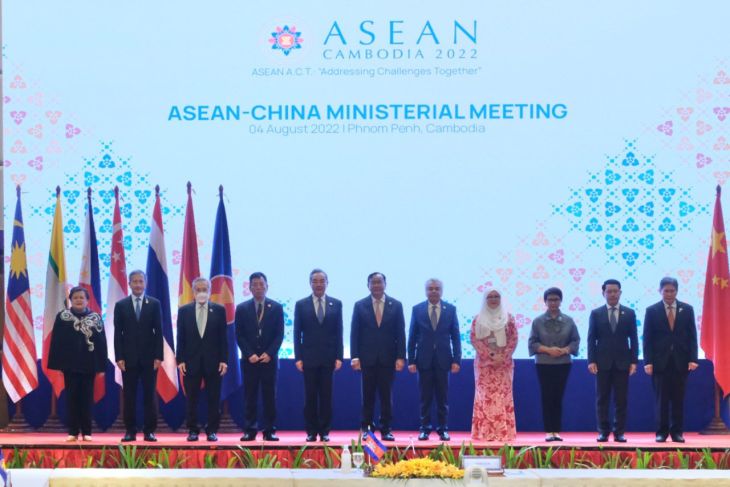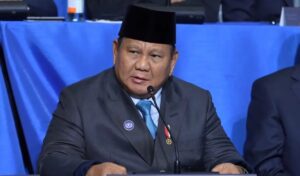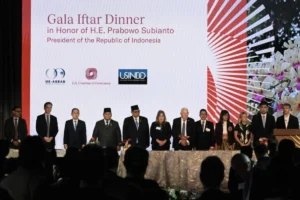ASEAN, China must contribute to regional stability says, Indonesian FM

The ASEAN-China Ministerial Meeting was held in Phnom Penh, Cambodia, on Thursday, August 4, 2022.
Phnom Penh, The Gulf Observer: The Association of Southeast Asian Nations (ASEAN) and China must work harder to contribute to peace and stability in the region, Indonesian Foreign Minister Retno Marsudi has said.
She made the remarks while addressing the ASEAN-China Ministerial Meeting in Phnom Penh, Cambodia, on Thursday, according to a written statement issued the same day.
“The ASEAN-China partnership must be able to contribute to addressing the present global challenges, with the same ultimate goal–contributing to peace, stability, and prosperity for the region and for our people,” she stated.
She said Indonesia is chiefly worried about the increasing rivalry between superpowers.
“Unless this rivalry is managed well, it will lead to an open conflict, which will undoubtedly disrupt peace and stability, including in the Taiwan Strait,” she expounded.
Taking note of tensions between China and Taiwan following US House of Representatives Speaker Nancy Pelosi’s visit to the island, she reiterated Indonesia’s respect for the One-China Policy.
Indonesia considers Taiwan a part of China. Other ASEAN member states have also endorsed the One-China principle.
The Indonesian Foreign Minister urged all sides to exercise self-restraint and refrain from provocative action that may deteriorate the situation.
“What the world needs today is wisdom and responsibility on the part of world leaders in order to maintain regional and global peace and stability,” she said.
In relationship to peace and stability, she stressed the importance of maintaining trust. Indonesia also underscored the significance of China being a part of the concrete cooperation in implementing the ASEAN Outlook in the Indo-Pacific.
In addition, Marsudi also highlighted the need for respect for international law, including the United Nations Convention on the Law of the Sea (UNCLOS), which was adopted in 1982.
Indonesia also called for strong cooperation between ASEAN and China for building food resilience.
Food resilience can be realized in two ways ensuring the short-term food supply chain and strengthening long-term regional food resilience through the creation of a regional food emergency relief mechanism, investment in agricultural innovations, and the development of a food security strategy, Marsudi said.
The ASEAN-China Ministerial Meeting adopted the Action Plan for ASEAN-China Comprehensive Strategic Partnership which, among other things, calls for action to follow up on the ASEAN Outlook in the Indo-Pacific with China.


